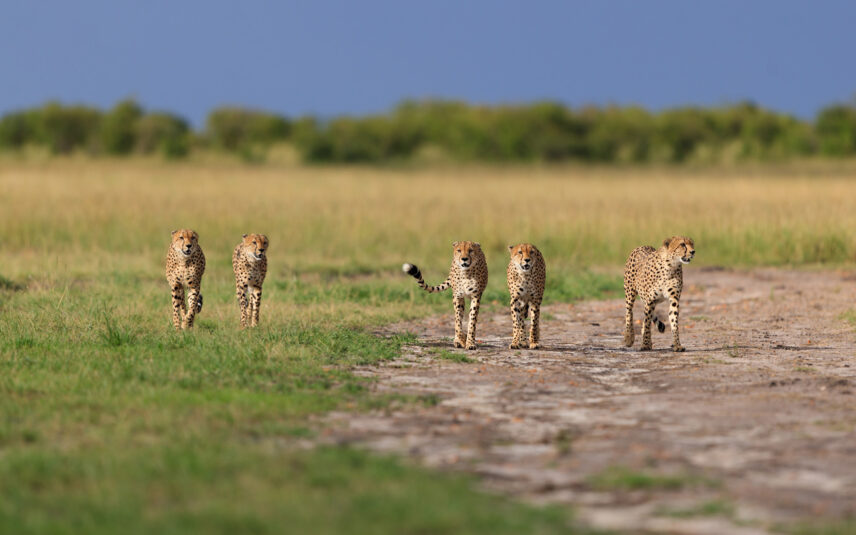Complete Your Adventure
Take Your Trip to the Next Level
From Zanzibar’s white-sand beaches to Rwanda’s gripping gorilla treks, you can continue uncovering the secrets of East Africa on one of our exciting safari extensions. These treasures don’t exist anywhere else on the planet—enjoy them while you’re here!
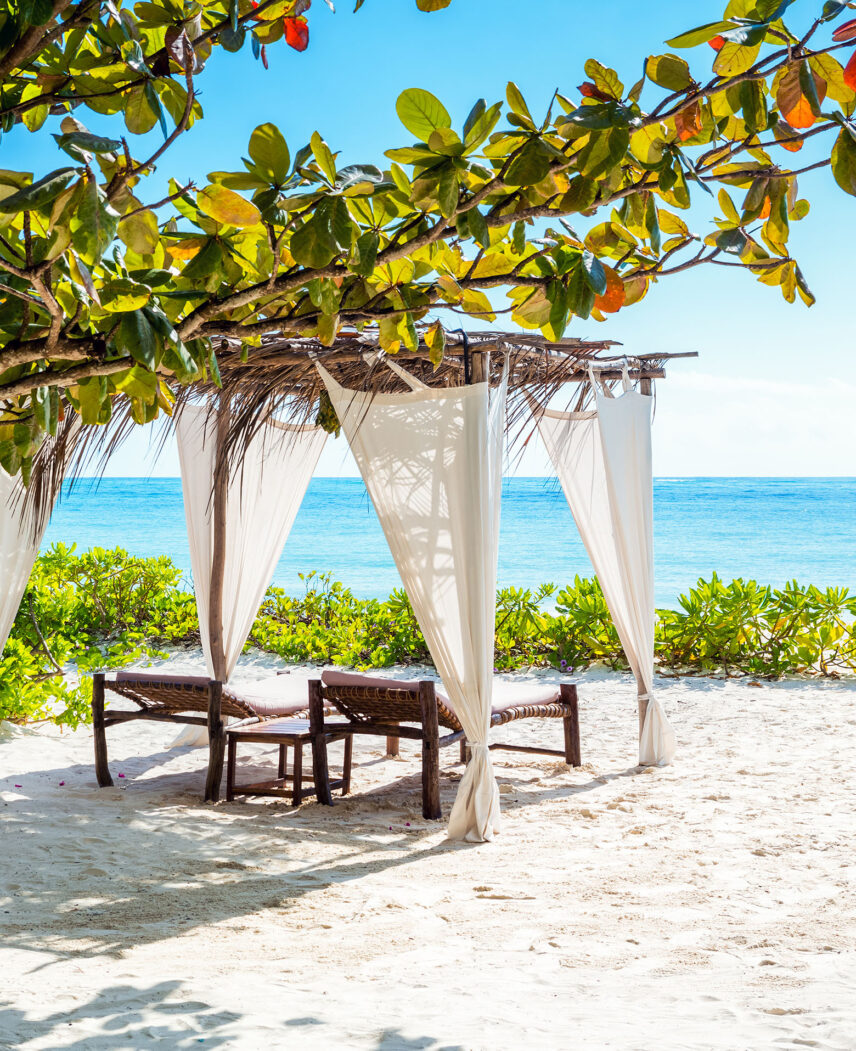
Zanzibar
Indulge in Relaxation
Snorkel or dive in the clear blue Indian Ocean, or sunbathe for days on the pristine white-sand beaches of your resort. Spend a colorful day amidst the island’s bustling markets in the eclectic capital city of Stone Town, and visit historical sites from the centuries-old slave and spice trades.
Recommended Stay: 5 days, including 3 nights on the beach and 1 night in iconic Stone Town
From: $2,500 per person
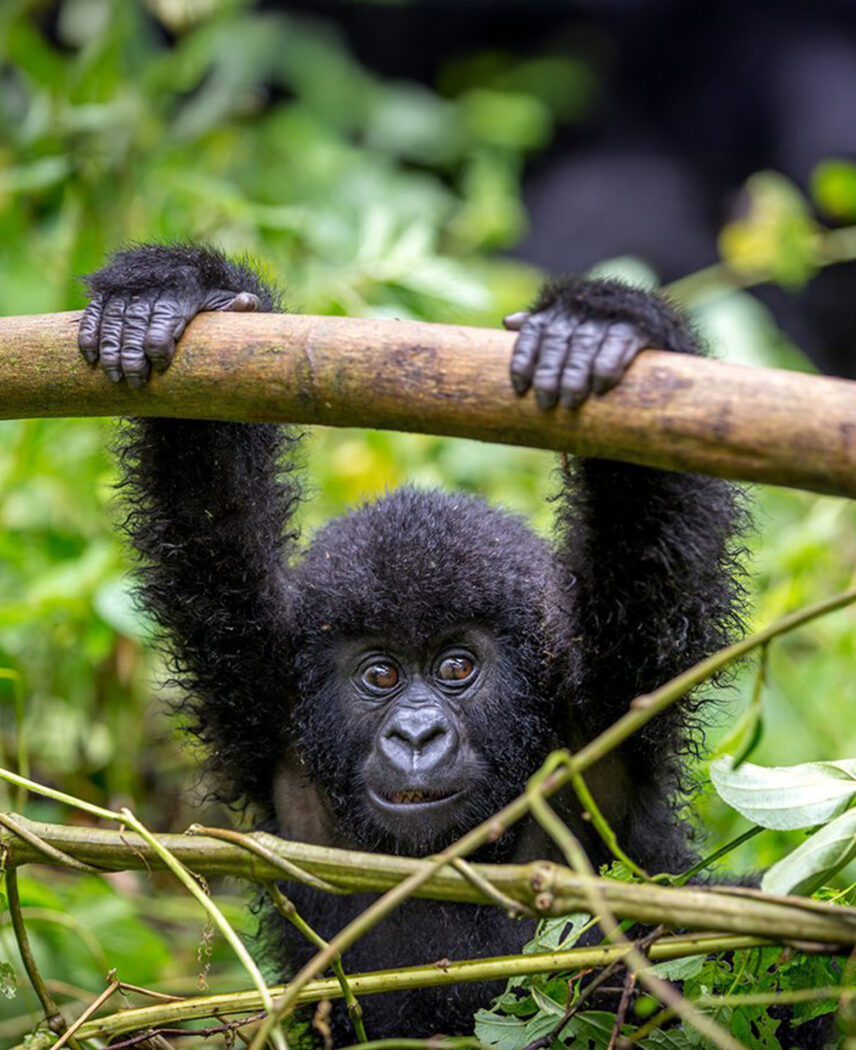
Rwanda
Spot Endangered Gorillas
Fly to Kigali, Rwanda, and drive north to Volcanoes National Park. Journey on foot over wild, ungroomed mountain terrain in search of endangered mountain gorillas, of which only 1,000 survive worldwide. After your arrival, tour Kigali, including the world-renowned Kigali Genocide Memorial.
Recommended Stay: 5 days
From: $6,500 per person


Cape Town
Vineyards, Views and Fine Dining
Table Mountain National Park provides the dramatic backdrop to this vibrant, colorful city. Explore South Africa’s best vineyards, enjoy fine dining in town, observe penguins at the famous Boulders Beach, and visit Robben Island, where Nelson Mandela’s—and South Africa’s—struggles echo poignantly. A visit to Cape Town is sure to inspire and delight.
Call for current pricing.
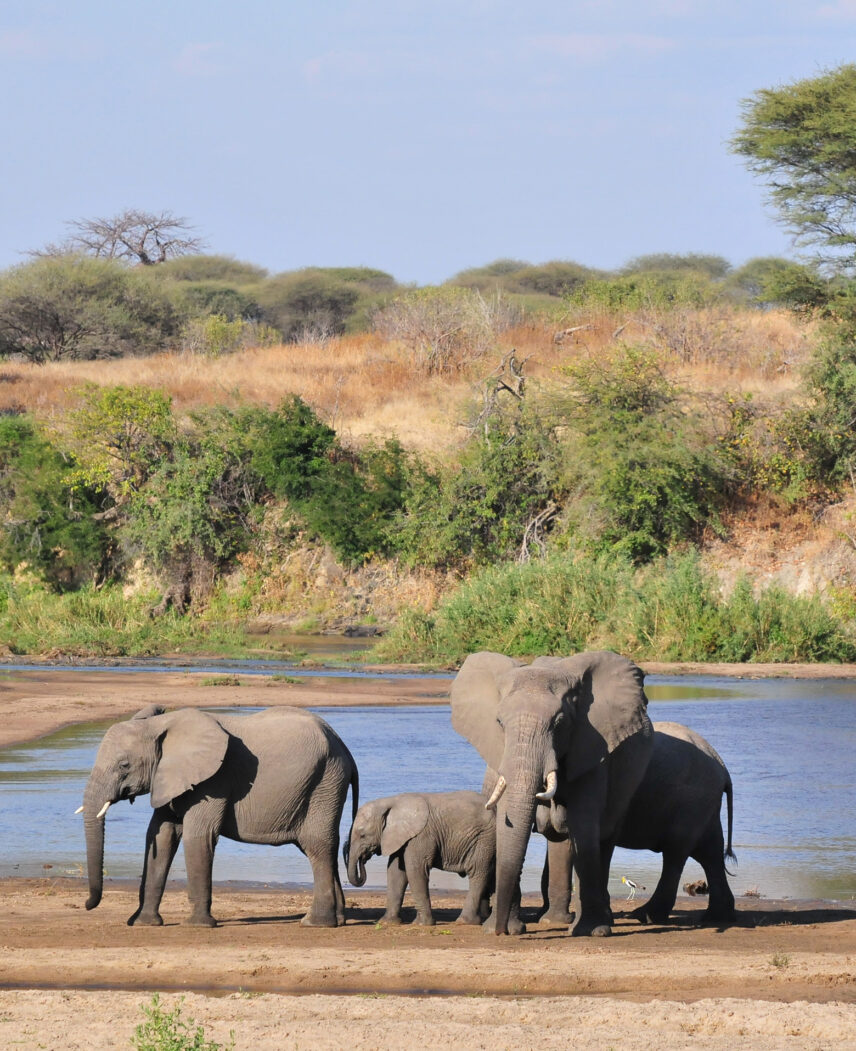
Ruaha National Park
Track African Wildlife
Fly to the remote wilderness of Ruaha National Park, one of the least explored parks in East Africa, where tracking is as much an art form as a practical pursuit. Explore uncharted territory by day, spotting leopard, cheetah, and wild dog, and savor torch-lit dinners on the banks of the river by night.
Recommended Stay: 4–5 days
From: $4,500 per person
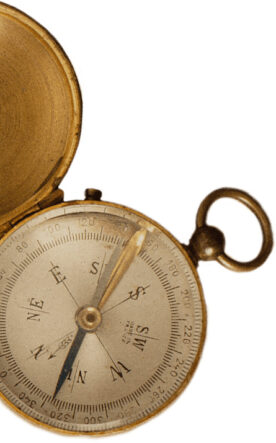

Nyerere National Park
Traverse Vast Wilderness
Take a scenic flight to one of Africa’s largest national parks (formerly Selous Game Reserve), where you’ll view the Rufiji River’s wildlife. Travel by 4-wheel drive, boat, and foot and spot elephants, hippos, and crocodiles in the riverine environment, while rare species like Greater Kudu can be spotted on the plains.
Recommended Stay: 4 days
From: $4,500 per person
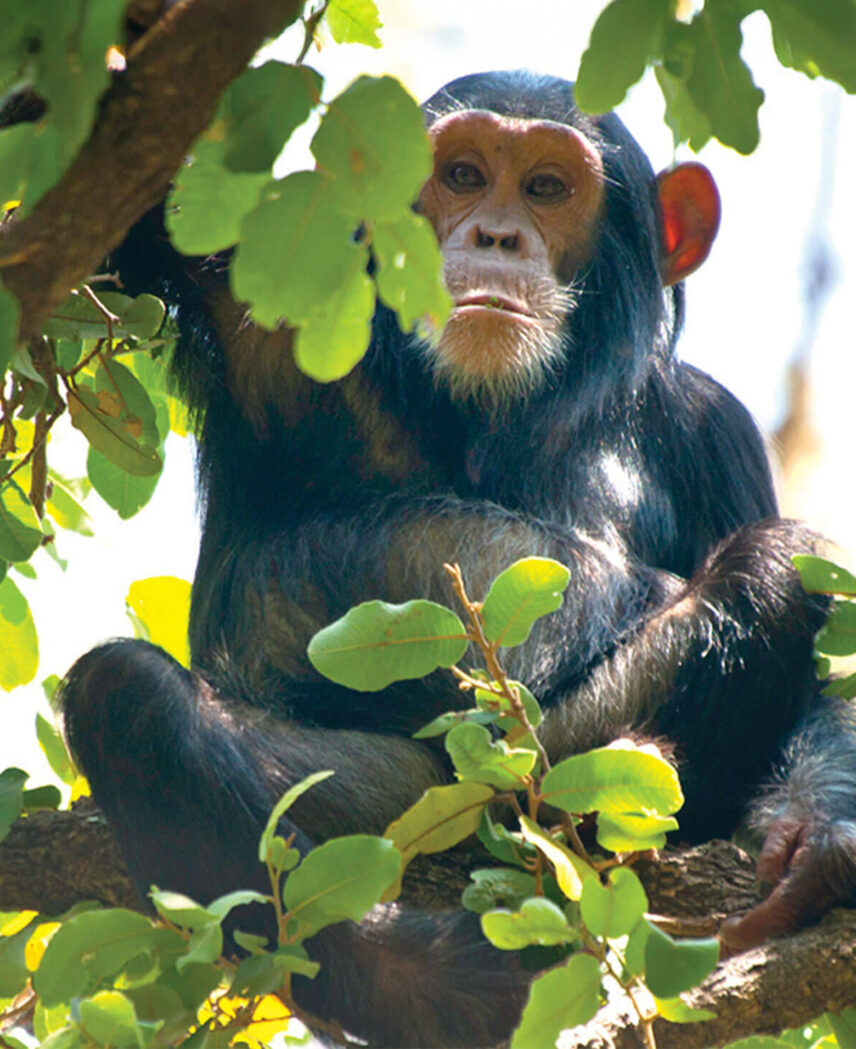
Mahale Mtn. National Park
Encounter Playful Chimps
Fly to the shores of Lake Tanganyika, along the westernmost border of Tanzania, and take a short boat ride to your exclusive camp, a luxurious hideaway tucked along the shore. Hike the misty slopes of the Mahale Mountains in search of free-roaming chimpanzees, grooming, feeding, and playing.
Recommended Stay: 4 to 5 days
From: $6,000 per person
